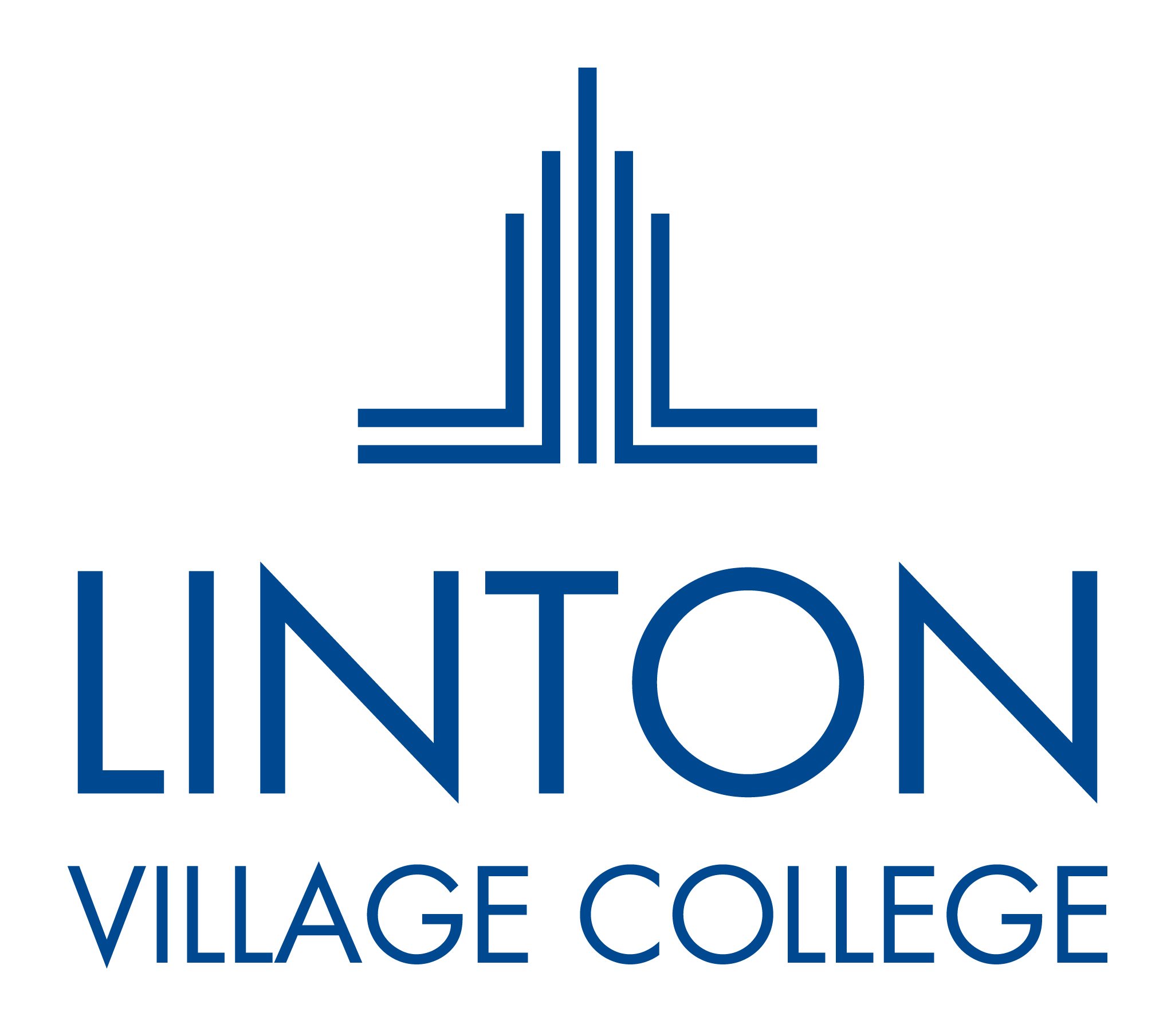Computing
Ethos and Aims
A high-quality computing education equips students to use computational thinking and creativity to understand and change the world. Computing has deep links with mathematics, science and design and technology, and provides insights into both natural and artificial systems. The core of computing is computer science, in which students are taught the principles of information and computation, how digital systems work and how to put this knowledge to use through programming. Building on this knowledge and understanding, students are equipped to use information technology to create programs, systems and a range of content.
KS3 CURRICULUM CONTENT
YEAR 7
Autumn term
Using Computers Safely – E-safety and computer use
Introduction to programming – Edublocks
Spring term
Computer and Cryptography
App Development
Summer term
Spreadsheet Modelling
Macros and Charts
YEAR 8
Autumn term
Using the internet Safely Cyber crime
Data handling- Database Construction
Spring term
Spreadsheet modelling – Developing and testing a new business model using Excel
Digital literacy skills via SWAY
Summer term
Flowcharts
YEAR 9 IT
Autumn term
Graphics-Photo editing and Creating Animations
Spring term
Digital literacy skills via SWAY
Summer term
Database Construction using a Model Scenario
YEAR 9 COMPUTING
Autumn term
Programming – Learning to program with confidence using Python
Understanding Computers – Discover how computers work (hardware and software)
Spring term
Programming building and Controlling a Computer Device – Microbit
AI and Machine Learning
Summer term
Data Science
Programming extended – Solving practical problems in Python
KS4 CURRICULUM CONTENT
GCSE AQA COMPUTER SCIENCE
Students will develop and apply computational thinking skills to analyse problems and design solutions across a range of contexts whilst gaining practical experience of designing, writing, and testing computer programs that accomplish specific goals. Students will develop an awareness of the impact of computing on individuals, society and the environment, including ethical, legal and ownership issues.
Paper 1: Computational thinking and problem solving
What’s assessed? Computational thinking, problem solving, code tracing and applied computing as well as theoretical knowledge of computer science from subject content.
Paper 2: Written assessment
What’s assessed? Theoretical knowledge from subject content, this covers a wide range of aspects from how the computer works to ethical and legal issues surrounding the subject
Assessment: Both papers are 1 hour 30 minutes • 80 marks each • 50% each
UNITS OF STUDY:
- Fundamentals of algorithms
- Programming
- Fundamentals of data representation
- Computer systems
- Fundamentals of computer networks
- Relational databases and structured query language
- Ethical, legal and environmental impacts of digital technology
Specification available here: https://www.aqa.org.uk/subjects/computer-science-and-it/gcse/computer-science-8525/specification-at-a-glance

